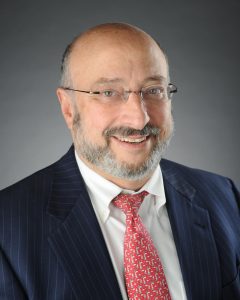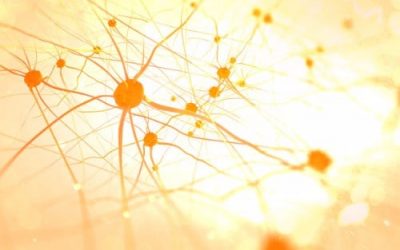 At HNF, our mission is to break down the barriers to accurate and timely diagnosis for CMT and IN patients. Finding support among patients, caregivers, researchers, and HCPs is critical to meeting this challenge head on.
At HNF, our mission is to break down the barriers to accurate and timely diagnosis for CMT and IN patients. Finding support among patients, caregivers, researchers, and HCPs is critical to meeting this challenge head on.
We are fortunate to have this vital support from Dr. Mark Gudesblatt, medical director of the Comprehensive MS Care Center at South Shore Neurologic Associates, P.C.
“I have long had an interest in accurate diagnosis for people with neurological disorders beyond the simple commonly utilized all-inclusive labels such as ‘neuropathy’. I truly believe that an accurate diagnosis, more comprehensive objective analysis of disease impact, and change will improve our ability to understand disease better and identify appropriate and relevant effective therapies to those in need. My interest in Hereditary Neuropathies arises from such a desire to offer better opportunities to those with ‘uncommon disorders’. Rare disease is only as rare as considered or diagnosed.”
HNF has invited Dr. Gudesblatt to join us as a panelist on “Standard of care and clinical outcome measures to impact the patient and future research” at the Summit.
Let’s learn more about Dr. Gudesblatt:
He graduated from Johns Hopkins University in 1976 and from Cornell University Medical College in 1980. His postgraduate training included a medical internship and neurologic residency at Mount Sinai Hospital, where he was the Chief Resident, as well as a Clinical Research Fellow in Neuromuscular Disease through the National Institute of Health.
Dr. Gudesblatt is certified by the American Board of Psychiatry and Neurology in the specialty of Neurology, is a diplomate in the American Academy of Pain Management, and has had additional training in Neuro-Rehabilitation. Dr. Gudesblatt has authored articles appearing in professional literature on numerous topics, including movement disorders, tumors of the brain and spinal cord, neurologic complications of pregnancy, stroke, familial inheritance of neurologic illness, and multiple sclerosis. He also participates in clinical research at South Shore Neurologic, involving MS and other neurologic diseases. He currently serves on both the Science Advisory Board for the Hereditary Spastic Paraplegia Foundation and on the American Academy of Neurology Practice Standards Committee.
HNF: Why did you choose your particular topic for the Summit?
Dr. Gudesblatt:
Digital Informatics will allow us to provide an objective pathway to identify subtle but critical disease impact and disease evolution and to help us better understand how neurological disorders really impact those people with these illnesses. This could be an important bridge for the unmet need of how to go apply research to clinical care.
HNF: How has CMT affected your life?
Dr. Gudesblatt:
My life has been impacted by having serious and/or fatal genetic disease within my own family.
HNF: What do you hope attendees take away from the Summit?
Dr. Gudesblatt:
More objective and rich digital informatics of disease impact will help us define disease signature and disease progression. This approach will allow improved understanding of treatment needs and targets. Better measurement of change related to disease and therapy will provide improved opportunities to identify effective therapies.
Come join Dr. Gudesblatt and the other Summit panelists and learn more about the future of CMT and IN research.





0 Comments